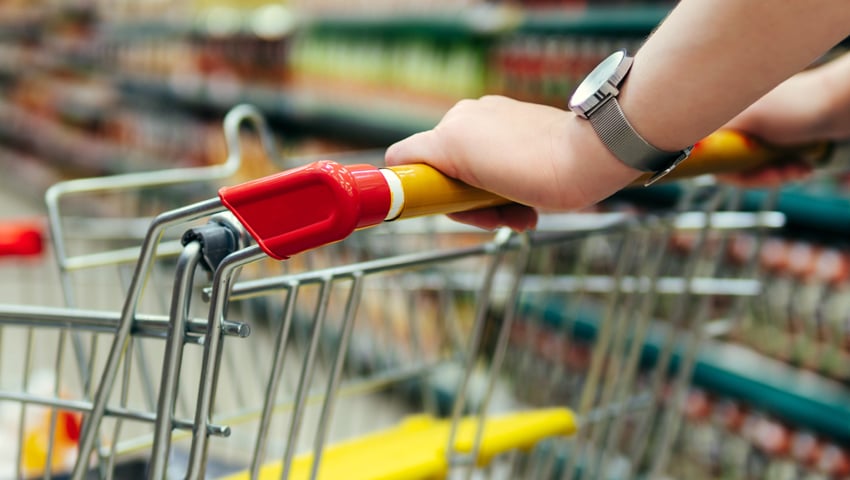Ecolabels need more robust and transparent methodology to ensure credibility and alignment with the food and environmental agenda, according to a new independent review conducted by the University of Hertfordshire’s Agriculture & Environment Research Unit (AERU).
The study finds that current food environmental labels (ecolabels) may not consistently provide consumers with accurate and reliable information about the environmental impact of food products across their supply chains, underscoring the importance of enhancing transparency and credibility.
Fidelity Weston, Chair of CLEAR – a consortium for labelling for the environment, animal welfare and regenerative farming – said, “This report shows clearly how ecolabels are not yet fit for purpose. More work needs to be done to ensure the data going into them genuinely reflects the way in which food is produced and the impact it has on our planetary boundaries. We hope that the findings of the report will provide a springboard for more collaborative working with all stakeholders in the supply chain and most importantly with those farmers who are working hard to provide food in a way that supports a transition to a more sustainable farming system.”
Key findings:
- Extensive potential to mislead consumers – institutionally, ecolabels lack standardised methodologies, leading to inconsistencies and unreliable environmental ratings.
- Data gaps – the review found ecolabels rely heavily on modelled data rather than real-world environmental performance, making claims uncertain and difficult to verify.
- Limited consideration of key environmental impacts and site-specificity – current schemes often overlook crucial impacts such as biodiversity, soil health, and water quality; and lack site-specific assessment, limiting their capability to reflect environmental criticality.
- Ecolabels not yet fit for purpose – existing methodologies are not designed to support agricultural transitions, national environmental targets, and food sovereignty goals.
Why this review matters
With food production being a major driver of the transgression of all six of the nine Planetary Boundaries, ecolabels should serve as vital tools for consumer empowerment and agricultural transition to higher standards, to limit the adverse impacts and avoid further transgression.
However, this report highlights that current ecolabelling schemes are falling short in supporting food system change and that there is a significant transparency gap – a lack of institutional awareness and demand for transparency standards that could undermine the efforts to drive more sustainable consumption patterns and encourage producers to adopt practices aligned with planetary health.
Adele Jones, Sustainable Food Trust said, “It’s clear from this important review that more work is needed to ensure citizens have access to high quality, holistic, information about the sustainability of food they buy. The underlying information behind future labels must be honest, robust and comparable, otherwise we risk confusing people even further. Making sure these frameworks are fed by primary data from the farm up will also be critically important. Relying purely on modelled information based on global or regionally average data risks failing to pick up on important variances in impact on the ground.”
CLEAR’s call to action
CLEAR is urging policymakers, industry leaders, and ecolabelling bodies to:
- Strengthen the validity and integrity of ecolabelling so that the information presented to stakeholders reflects the actual environmental performance of the method of production
- Develop regulatory frameworks that prevent misleading claims and ensure methodological transparency, including the disclosure of inherent limitations in communicating the actual environmental impact or outcome to stakeholders
- Engage with stakeholders for institutional learning and collaboration to ensure that ecolabels, like other food system accountability and transparency tools, are designed to support the agricultural transition to higher farming standards and meet national environmental targets.
